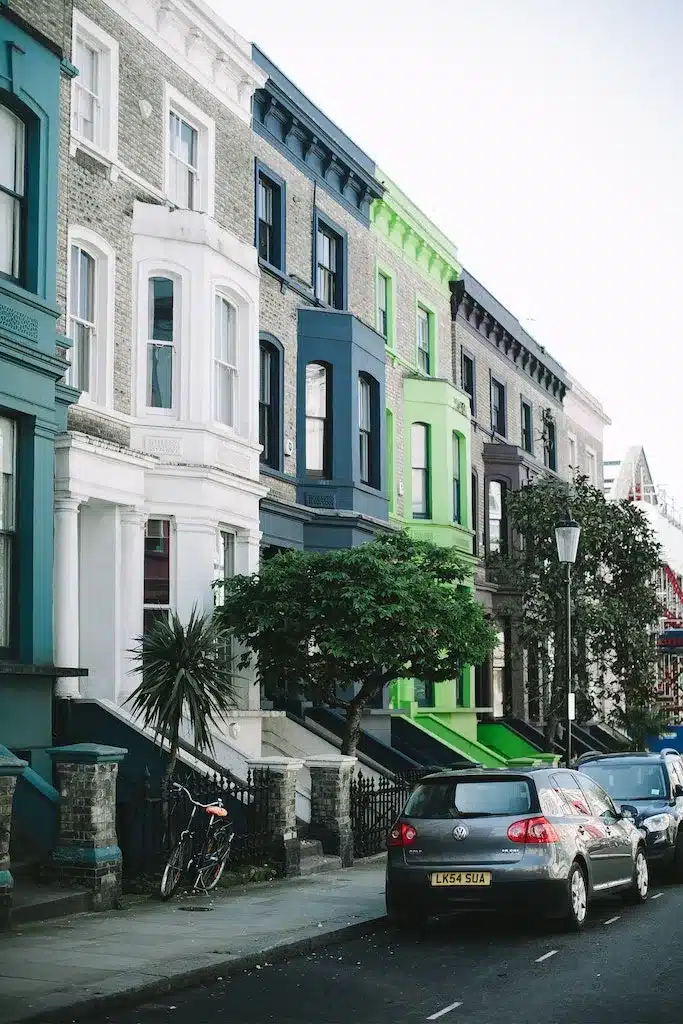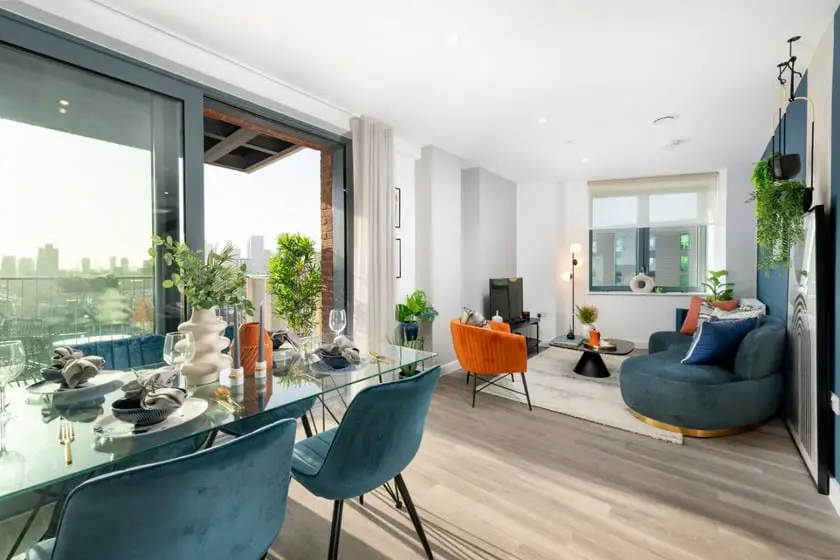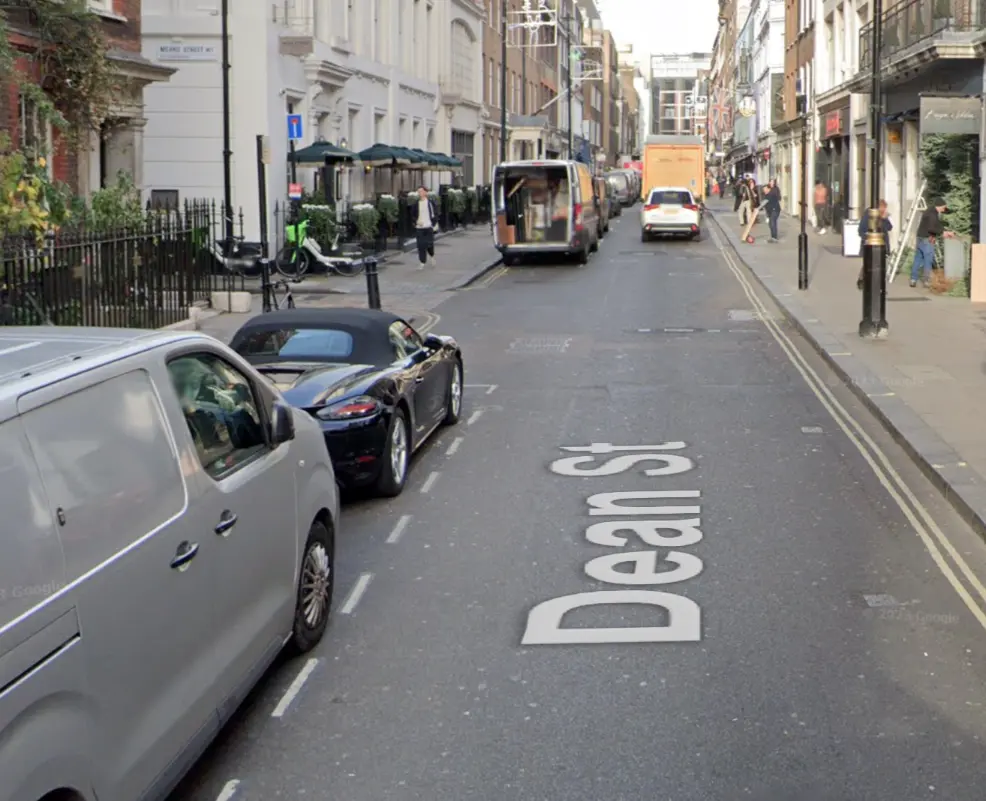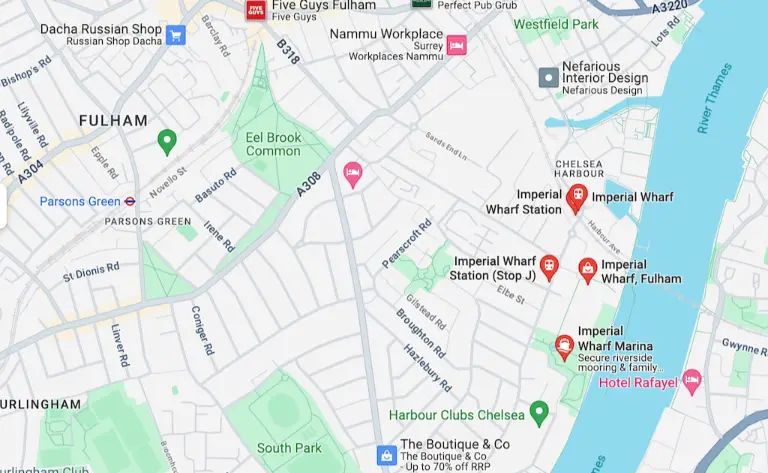Whether you’re a first-time buyer looking to step onto the property ladder or an experienced investor seeking a savvy addition to your portfolio, the ownership status of a property is an essential consideration. One term that often appears in property discussions is ‘freehold’. But what does it mean, and why does it matter?
Who Owns the Freehold?
In England and Wales, if you own the freehold of a property, it means that you own the building and the land it stands on outright. You have the title to the property for an unlimited period and have the freedom to do what you want with it (within legal and planning permission constraints). This contrasts with leasehold ownership, where you lease the property from the freeholder for a specified length of time.
In the bustling city of London, freehold property owners range from individual homeowners to large corporations and public entities. Indeed, anyone can own a freehold, making London’s real estate scene wonderfully diverse and dynamic.
Can a Property Be Both Freehold and Leasehold?
In some situations, a property can have both freehold and leasehold titles – this is known as a ‘flying freehold’. This usually occurs when a freehold property overhangs or underlies a leasehold property, such as in cases of balconies, basements, or rooms situated above shared passageways. However, flying freeholds can complicate matters in terms of responsibility for maintenance and repairs, so legal advice is often recommended.
Benefits of Freehold
The benefits of owning a freehold property are plentiful. As the freeholder, you won’t have to deal with a landlord, pay ground rent or service charges, or face the worry that your lease could run out. You’ll also have the right to make modifications to the property (subject to planning permission), and you won’t face restrictions often imposed on leaseholders, such as keeping pets or subletting.
Furthermore, freehold properties often have a higher market value than leasehold properties and tend to be more attractive to potential buyers. This could result in a quicker sale and potentially higher profits if you ever decide to sell.
Is It Worth Buying the Freehold of My House?
If you’re currently a leaseholder and the opportunity arises to buy the freehold of your house, it’s definitely worth considering. Owning the freehold eliminates the risk of having a dwindling lease, gives you full control over the property, and may enhance its value. However, it’s crucial to weigh the potential benefits against the costs of buying the freehold, which can be considerable.
Freehold vs Leasehold
While the ownership of a freehold property provides many benefits, it also comes with its responsibilities. Freeholders are responsible for maintaining the building and grounds, which could involve significant costs.
On the other hand, leaseholders might have to pay annual charges to the freeholder and face restrictions on what they can do with the property. However, they also have less responsibility for property maintenance.
In conclusion, the choice between freehold and leasehold depends on your financial situation, your long-term plans, and your willingness to take on the responsibilities of property ownership. Whether you’re searching for the freedom of a freehold or the lesser obligations of a leasehold, London’s real estate market has something for everyone. Take your time, seek expert advice, and make an informed decision that suits your unique circumstances and aspirations.









